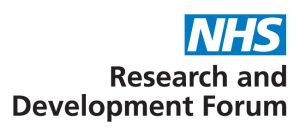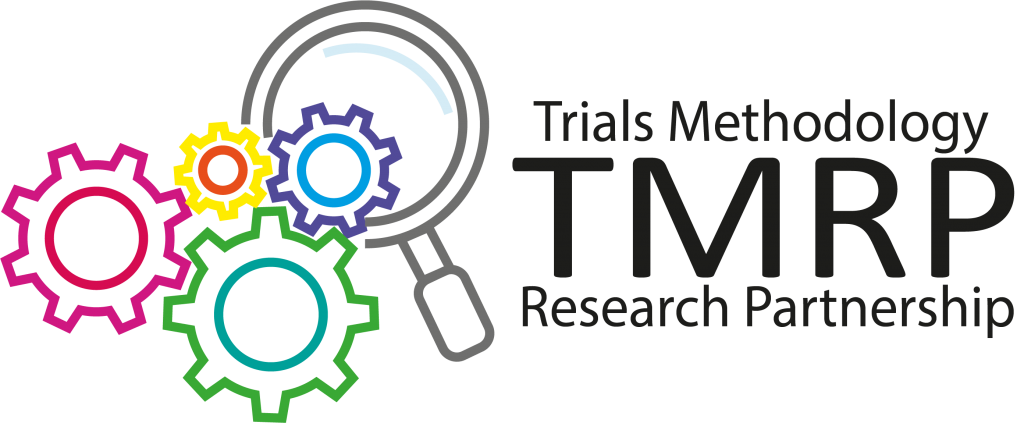The INCLUDE Socioeconomic Disadvantage Framework
SCOPE
This framework has been designed to aid researchers, who are designing clinical trials, to consider barriers to including patients from socioeconomically disadvantaged backgrounds in their trial. The framework can also help researchers to develop strategies to attempt to address such barriers in order to improve the design and conduct of clinical research. Although this framework was developed with UK-based clinical trials in mind, aspects may also be relevant to different types of research and research conducted in populations outside of the UK. Whilst this framework focuses on socioeconomic disadvantage, the list of underserved groups in clinical research is extensive and researchers need to be aware of this when identifying barriers to research and developing to strategies to address barriers.
LAUNCH WEBINAR – 24TH JANUARY 2023
The recording from the webinar that launched the INCLUDE Socioeconomic Disadvantage Framework is available below. You can downloads the slides that were used for the webinar here.
WHAT IS SOCIOECONOMIC DISADVANTAGE?
There is no consensus on a definition of socioeconomic status, nor does a widely accepted measure of socioeconomic status exist. There are many different domains of socioeconomic status, but it is typically measured as a combination of income, employment and education. In general terms, being socioeconomically disadvantaged includes living in less favourable social and economic circumstances than the majority of others in the same society.
Socioeconomic disadvantage is complex, multidimensional and can be dynamic; one’s socioeconomic status is not necessarily the same throughout the life course, and events can change socioeconomic status over time. We are aware that the language and terminology used to describe socioeconomic disadvantage can be sensitive. We would welcome any feedback and suggestions for improvement that you may have at: info@trialforge.org
This work is linked to the INCLUDE initiative from the UK’s National Institute for Health and Care Research (NIHR), which aims to improve trial delivery for under-served groups.
Four Key Questions and worksheets
The INCLUDE Socioeconomic Disadvantage Framework has four Key Questions, each of which is intended to prompt trial teams to think about who should be involved as participants, and how to facilitate their involvement as much as possible. These questions should be considered by trial teams in partnership with patient and public partners.
Answering the Key Questions can be tricky. To help with this we have developed some worksheets that give pointers to the sort of things to think about when answering the Questions.
The Key Questions and worksheets can be downloaded from the links below.
The INCLUDE Socioeconomic Disadvantage Framework
Key Questions and worksheets
The four Key Questions, the worksheets and appendices as a single download.
How to cite: Gardner H, Biggs K, Sherratt FC. The INCLUDE Socioeconomic Disadvantage Framework, 2022. Available: https://www.trialforge.org/trial-forge-centre/socioeconomic-disadvantage-framework[Accessed [insert date]].
Who developed the Framework
This document lists the development phases of the INCLUDE Socioeconomic Disadvantage Framework and all the people involved.
Appendix 1: Background and next steps
This appendix gives the background and next steps for the Framework.
EXAMPLES
Here are examples of completed Socioeconomic Disadvantage Frameworks
REEACT (mental health)
REEACT is a UKL study evaluating computerised cognitive behaviour therapy (cCBT) as treatment for depression in primary care. See https://www.isrctn.com/ISRCTN91947481
ColoCap (diagnostic accuracy)
ColoCap is a diagnostic accuracy study (not a trial) comparing colon capsule endoscopy with standard colonoscopy. See https://fundingawards.nihr.ac.uk/award/NIHR158034
Insights
Coming in the future
FUNDERS AND OTHERS SIGNPOSTING RESEARCHERS TO INCLUDE
The National Institute for Health and Care Research (UK)

The Belgian Health Care Knowledge Centre, KCE (Belgium)

The Chief Scientist Office (UK)

The Wellcome Trust (UK)

The NHS Research and Development Forum (UK)

ADDITIONAL RESOURCES
This guidance summarises what an under-served group is, a roadmap suggesting intervention points to improve inclusion, examples of under-served groups and example barriers to inclusion. It also has examples of good practice and other resources to guide teams seeking to engage with, and improve inclusion of, under-served groups in clinical research.
Download general INCLUDE guidanceDownload COVID-19 specific INCLUDE guidance
Development of this guidance involved Patient and Public Involvement Groups based at the University of Manchester and the University of Leicester.
It was supported by the National Institute for Health and Care Research (NIHR) Applied Research Collaborations (ARCs) for Greater Manchester, and East Midlands. Groups were primarily coordinated and facilitated by Lydia Morris (University of Manchester, NIHR ARC Greater Manchester) and Nasima Miah (The Centre for Ethnic Health Research, NIHR ARC East Midlands).
Mel Calvert and colleagues describe why those using patient-reported outcomes need to think about strategies to include underserved groups in the design, selection, use and completion of patient-reported outcomes to avoid increasing health disparities.
Collaborators
This work been a collaboration between Trial Forge, INCLUDE and the following networks and groups.



